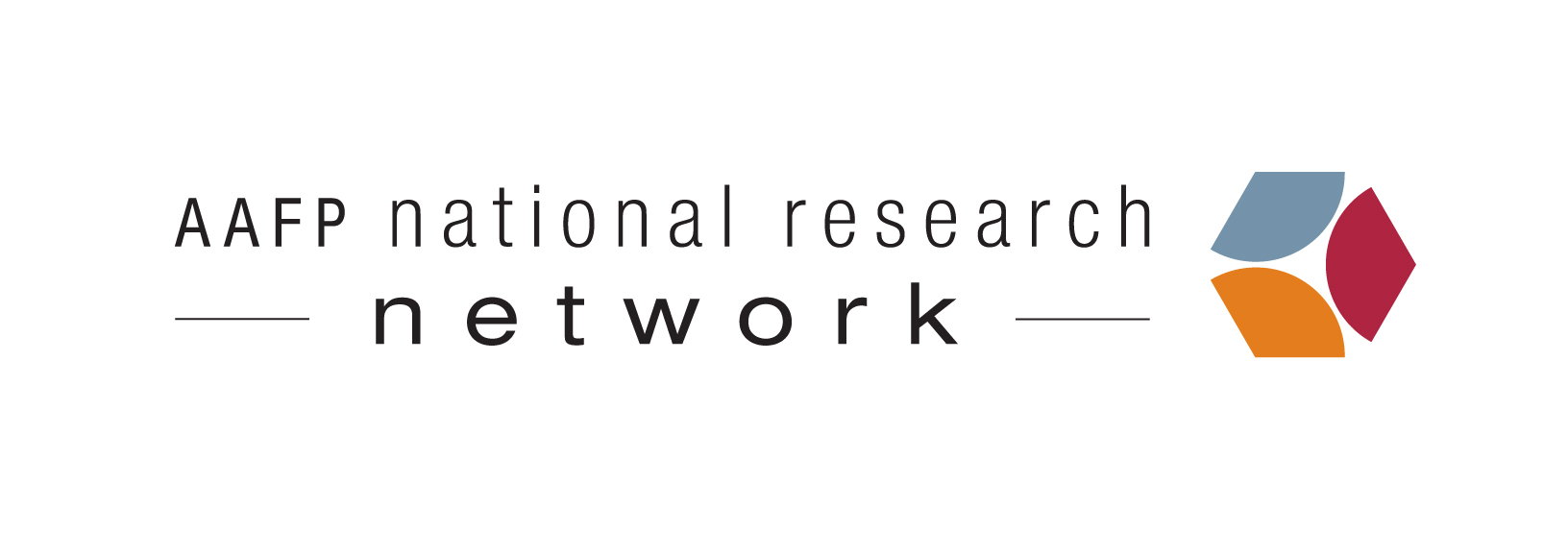Attachment B -- Recruitment Email
Attachment B -- Recruitment Email.docx
Demonstration of Health Literacy Universal Precautions Toolkit
Attachment B -- Recruitment Email
OMB: 0935-0202

Demonstration of Health Literacy Universal Precautions Toolkit
Principal Investigator: David West, PhD, University of Colorado School of Medicine
Collaborating Institutions: University of Colorado, School of Medicine; State Networks of Colorado Ambulatory Practices & Partners USA (SNOCAP-USA); AAFP National Research Network
Funder: Agency for Healthcare Research and Quality (AHRQ)
Intervention Duration: The duration of the intervention period is 6 months, with pre- and post-implementation data collection occurring in the month before and after the intervention period.
Contact Person: Liz Horsley, Project Manager ([email protected]; 800‑274-2237 ext. 3173)
Background: Health literacy is the ability to understand and use health-related information and includes a person’s ability to read, write, and understand verbal communications related to health. People with poor health literacy often have limited knowledge of their medical conditions and appropriate self-care strategies and often don’t engage in optimal health behaviors (e.g., adhering to medications, getting preventive screenings and vaccines). Even after controlling for sociodemographic factors, limited health literacy is linked to poor clinical outcomes, including higher mortality rates and greater use of health care services indicative of poor health status (e.g., emergency department care).
Project
Overview:
Although limited health literacy can serve as a barrier to good
clinical outcomes, healthcare providers may be able to lessen the
impact of poor health literacy by helping patients to better
understand and act upon health information. The Health
Literacy Universal Precautions Toolkit
was developed to guide primary care practices in making changes to
their office environments and their strategies for communicating with
patients that can improve understanding of health information among
patients of all health literacy levels. In this demonstration, we
will implement the Toolkit in 12 primary care practices, with the
goal of finding out how practices implement the Toolkit, what changes
are actually made, and how to improve the Toolkit.
Methods:
Participating practices will implement the Toolkit for 6 months.
Each will implement four of the Toolkit’s 20 tools. Prior to
and after implementation, practices will collect data to allow an
assessment of the changes that occurred as a result of their
participation. Practices also will provide feedback on the Toolkit
so that it can be revised and improved at the conclusion of the
project.
Timeline: In late 2012, we will begin selecting a diverse group of 12 primary care practices to participate in the study, with implementation of the Toolkit beginning in mid 2013.
Benefits of Participating: This project will provide valuable insight into the impact of the Toolkit and critical input to guide Toolkit refinement. Participating practices will learn valuable skills that can improve patient-provider communication as well as patient understanding of and ability to manage their health. Participating practices will receive a payment of $3,000 as vendors to compensate them for time spent on this project.
For more information, please contact Liz Horsley, Project Manager ([email protected]; 800‑274‑2237 ext. 3173).
| File Type | application/vnd.openxmlformats-officedocument.wordprocessingml.document |
| File Title | Depression Quality Improvement and Study Activities for Participating Practices |
| Author | Staton, Elizabeth |
| File Modified | 0000-00-00 |
| File Created | 2021-01-30 |
© 2026 OMB.report | Privacy Policy